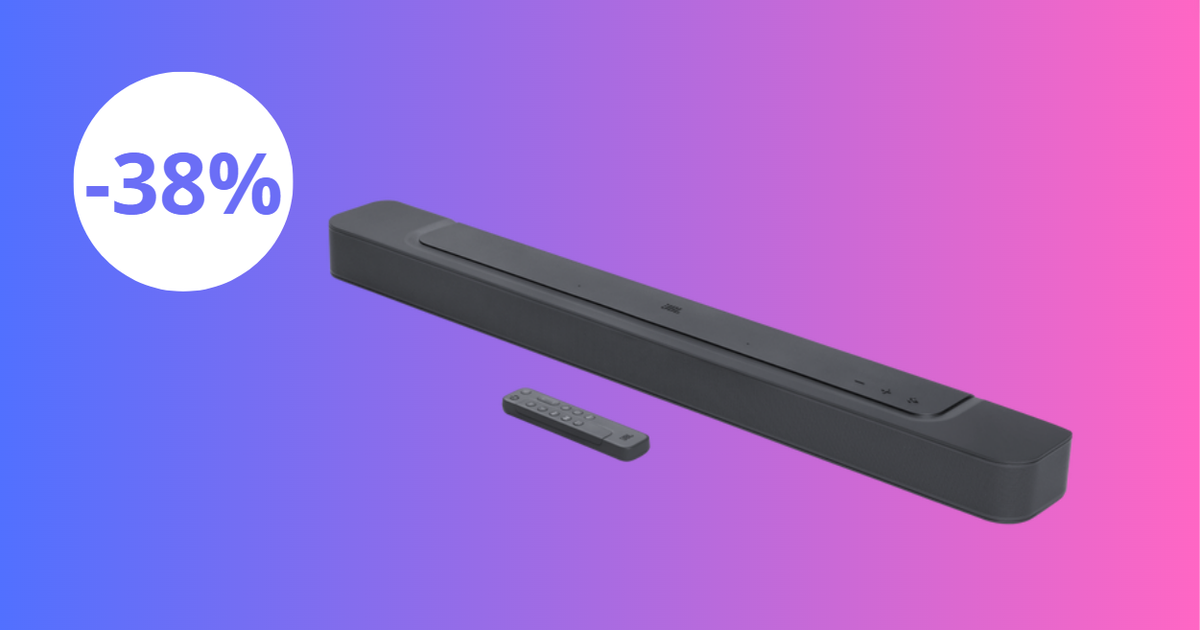Make an appointment with the dentist, send that famous email supposed to have been gone for two days already, take care of renting a car for the summer holidays during the lunch break... Your day has just begun and you are already reviewing all the tasks to be done.
So that you don't forget anything, you opt for the traditional
to-do list
or you post cheat sheets in the four corners of the office so that you have no chance of missing out on the essentials.
On paper, good idea.
The process makes it possible to visualize the tasks, "to avoid having to keep everything in memory and to be more efficient and productive", comments Diane Ballonad Rolland, founder and director of the firm Time & Balance (1).
Only the
to do list
does not always wish us well.
And certain rules must be respected to avoid stress and assured failure.
Read alsoHow to manage your anxious brain?
The
to do list
and performance anxiety
And for good reason.
If the concept serves as a royal road to get organized and do what you have to do, it is not suitable for everyone.
It all depends on personality, individual needs and situations.
“Some people work more on intuition, says psychiatrist Jean-Christophe Seznec (2).
They are a bit like "butterflies" who feel imprisoned when they have to follow a pre-established list.
Some people work more on intuition and can feel imprisoned when they have to follow a pre-established list.
Jean-Christophe Seznec, psychiatrist
The psychiatrist adds that the to do list can lead some to what is called "performance anxiety", and cause depression and guilt when you don't manage to do everything during the day.
In video, 1-3-5: the unstoppable rule to stop procrastinating
Choose your time
It is not enough to mechanically list the tasks to be accomplished during the day for the concept to help us;
on the contrary.
Diane Ballonad Rolland thus recommends taking 10 to 15 minutes to list your tasks, and not tackling them at any time of the day.
“Priorizing is one of the most energy-consuming mental activities,” she points out.
It is therefore important to take care of it when you still have all your cognitive resources, ie in the morning.
The more your head is full, the less your brain is able to distinguish and target the right choices.
Prioritizing is one of the most energy-consuming mental activities.
It is therefore important to take care of it when you still have all your cognitive resources, i.e. in the morning.
Diane Ballonad Rolland
Then, having an overview of the week can help distribute tasks fairly.
“For example, you can plan your week on Sunday, and then readjust your priorities every morning,” advises the specialist.
3 to 5 tasks per day only
Taken in a burst of efficiency, it sometimes happens that the list gets a little too long.
A classic error, according to Diane Ballonad Rolland: “To impose a lot of tasks on yourself from the start is to put yourself in a situation of stress and therefore of failure.
Especially since we also tend not to be realistic and to underestimate the time that each task will require of us”.
Read alsoHow to stop being afraid of failure?
So to avoid the trap, the ideal would be to limit yourself to only 3 to 5 tasks per day, according to the specialist, keeping "30 to 50% of your time available to be able to absorb the unexpected and possibly deal with emergencies" , says the expert.
https://player.ausha.co/index.html?showId=B4W44cp5eq67&color=%2372238e&podcastId=B42N8FnQpWW5&v=3&playerId=ausha-9Jq8
Successful sorting also requires remembering the obvious: not all tasks are equally important.
So we prioritize, otherwise we risk getting lost.
To do this, we ask ourselves the following question: "If I had to do only one thing today, where would I start?".
The most urgent task thus arrives first, the others follow, according to their degree of urgency.
Checklist
Finally, in parallel with this main list, the psychiatrist Jean-Christophe Seznec recommends keeping another, called “memory sheet”, and whose objective is to avoid mental overload.
On it, we list all our thoughts, everything that goes through our heads and that we have to do.
It can thus contain more than ten tasks but without them being urgent to process.
"We can then pick items from it as soon as we want, by integrating them into the main to-do list, for example," comments the doctor.
(1) Diane Ballonad Rolland is also the author of
Slow working - 10 self-coaching sessions to work less but better,
Vuibert Edition, 192 pages, €14.90.
(2) Jean-Christophe Seznec is also the author of
Unplug Your Mind,
I Read, 352 pages, €7.80.


/cloudfront-eu-central-1.images.arcpublishing.com/prisa/GFO75MQJLZBQLK3HH6W3QA4RMQ.jpg)












